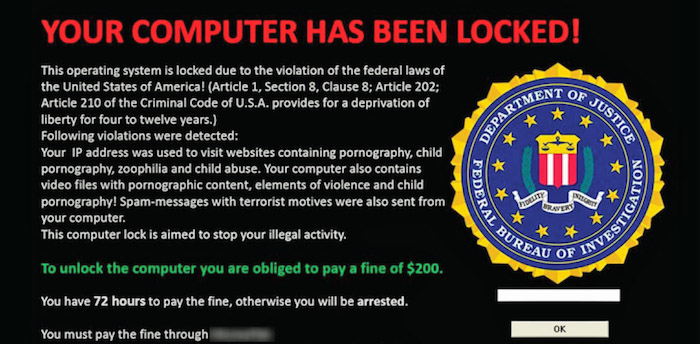Ransomware is just another form of data and money extortion that happens online, and it is taking Internet users by storm. But no matter what, you should not give in to the demands of cyber criminals looking to cash in on your data.
There could be a thousand reasons why you must not bend before the threat of ransomware attacks, as stressed by the U.S. Computer Emergency Readiness Team, which acknowledges that the rise of ransomware has grown exponentially.
Ransomware attacks can be prevented from reaching your database if it is only isolated from the critical parts of network, which is usually the favorite target of attackers. But once ransomware gains access to the more sensitive parts of your database, that’s the start of a worst-case scenario.
Back to our original proposition, we should not give in to the ransom demand of attackers. Here are some compelling reasons. There are no guarantees that the attackers will let the encrypted data off their hook. More to the point, the ransomware authors will only be able to gain further access to your banking information in addition to receiving the ransom payment. Good if they would return your data.
But it’s not all the time that this advice best applies, because in some cases your organization will find it hard to continue operating without the operational data needed. In desperate moments, your only resort is just to pay the ransom amount.
If you are dealing with people who encrypted your data just for the heck of locking you out of it, you are in trouble. You have a slim chance of recovering your data after you paid the ransom.
Read also: How to minimize the attack surface for ransomware
Also, the ransomware attacker might release your data by giving you the decryption key, but that does not necessarily mean the malware that has caused your data to be encrypted has also been wiped off from your system. Getting your data back is not equivalent to restoring security for your computer. The threat may still linger in the hidden corners of your computer, and it will only be a matter of time before the attacker launches the same attack all over again.
Once you decided to pay the ransom amount, the attacker will add you to his list of victims willing to pay, and so he would decide to retain the ransomware in your system activate it probably at some other time in the future. Which brings us back to the proposition not to pay the ransom, ever.




